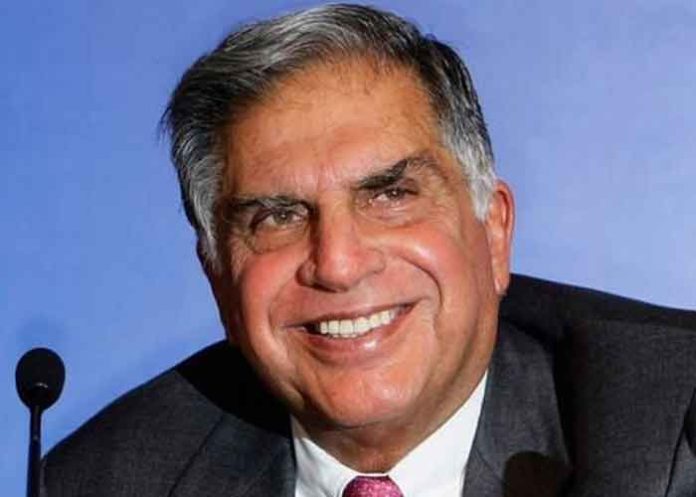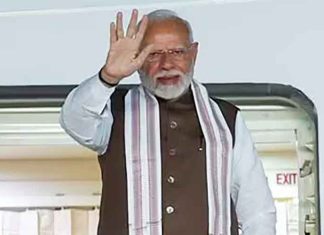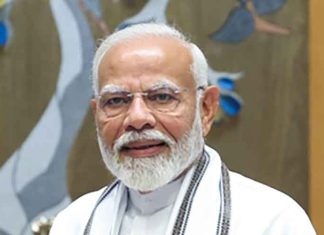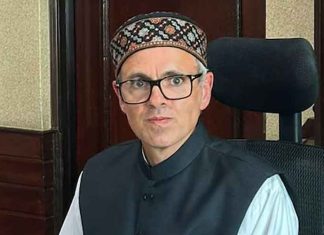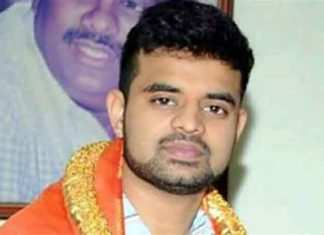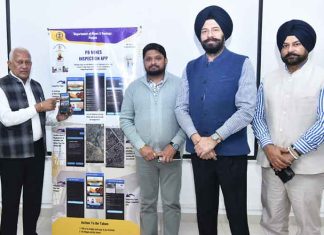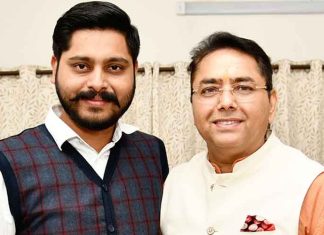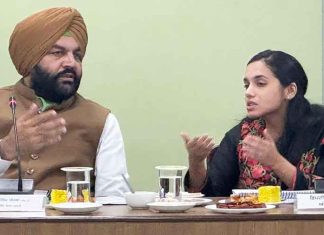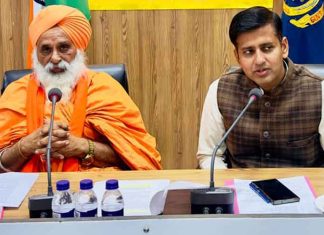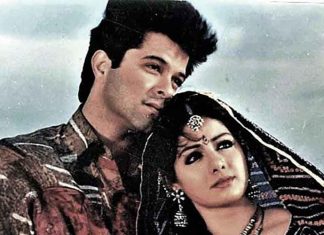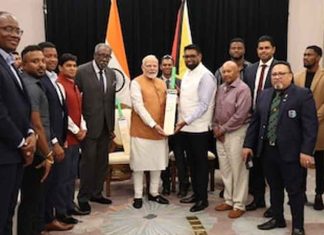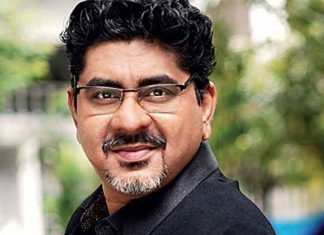Former Honorary Consul General of India to Liberia and Chapman Jeety Conglomerate Liberia.
As I sit down to write this tribute to a man who has not only inspired me but has also shaped the very fabric of modern India, I feel the weight of the moment deeply. Ratan Tata ji , the towering Indian business magnate and philanthropist, redefined what it means to lead with heart, to wield influence with humility, and to build an empire rooted in compassion.
While Ratan Tata ji was born into privilege, he never allowed it to define him. It is easy to look at the sprawling Tata empire today and see only the success, the growth, and the dominance in sectors ranging from tea to steel, automobiles to IT. But Ratan Tata ji’s true legacy lies not just in expanding his family’s holdings, but in his vision for India and the world. His leadership of the Tata Group was not simply about growing market share or driving profitability; it was about using business as a force for good.
As a business leader, he pushed boundaries, embraced innovation, and always sought to leave things better than he found them. He took risks where others hesitated, most notably betting on the passenger car market in India when few believed in its potential. When Tata Motors acquired Jaguar Land Rover in 2008, many questioned the decision. Yet, Ratan Tata ji’s boldness and long-term vision paid off, proving that his understanding of business went far beyond balance sheets and quarterly reports.
What stood out most to millions around the globe, however, was how grounded he remained through it all. Here was a man at the helm of one of the world’s largest conglomerates, yet he carried himself with a rare humility. He believed that wealth and power came with an inherent responsibility—to uplift, give back, and empower others.
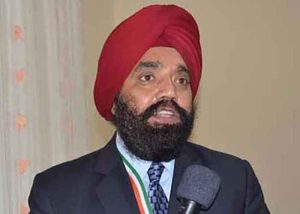
This ethos wasn’t just rhetoric; it was the cornerstone of his leadership. Over 60% of Tata Sons, the holding company of the Tata Group, is owned by charitable trusts, ensuring that the profits of one of the world’s most powerful industrial empires are channeled into health, education, and community development initiatives that benefit millions across India and beyond.
This aspect of his life deeply resonated with me. As someone who has always sought to balance business success with philanthropy, I found in Ratan Tata ji a role model whose values aligned perfectly with my own. His belief in using business as a tool for social good inspired me to rethink my own approach to work.
His life taught me that success is not defined solely by financial gains, but by the impact we have on the lives of others. His commitment to philanthropy—whether through disaster relief, rural development, or supporting education—helped shape my own desire to give back to society in Liberia. Every time I embarked on a new philanthropic venture, I thought of Ratan Tata ji’s tireless efforts and his unwavering dedication to bettering the world around him.
His life is a reminder that business and philanthropy are not mutually exclusive. In fact, they can and should go hand in hand.
As I reflect on his life, I am filled with gratitude for the example he set—not just for me, but for countless others who were inspired by his vision and values. Ratan Tata ji”s legacy will live on, not only in the businesses he built but in the lives he touched, the communities he uplifted, and the principles he upheld.
Rest in peace, Ratan Tata ji . Your life has left an indelible mark on mine, and I will forever strive to honor your legacy in everything I do.
Dr. Upjit Singh Sachdeva – Jeety is a former Honorary, Consul General of India to Liberia. He is a Humanitarian and a renowned Business Tycoon.




